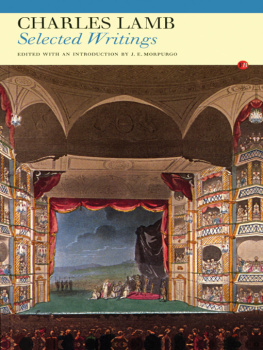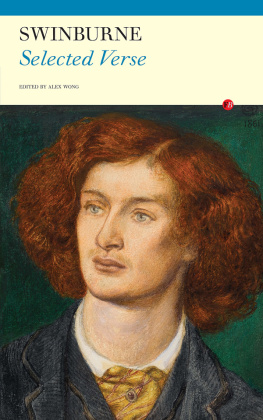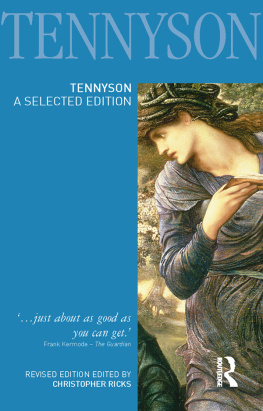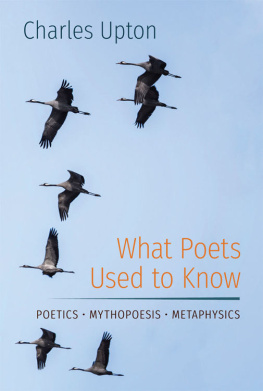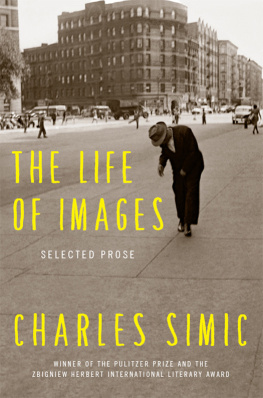Italian Literature and Thought Series
The Italian Literature and Thought Series makes available in English representative works of Italian culture. Although the series focuses on the modern and contemporary periods, it does not neglect the humanistic roots of Italian thought. The series includes monographs, anthologies, and critically updated republications of canonical works, as well as works of general interest.
ADVISORY BOARD
Peter Carravetta
City University of New York
Umberto Eco
University of Bologna
Giuseppe Mazzotta
Yale University
Lucia Re
University of California, Los Angeles
Massimo Riva
Brown University
Paolo Valesio
Columbia University
Rebecca West
University of Chicago
Italian Tales
An Anthology of Contemporary Italian Fiction
Edited by Massimo Riva

Copyright 2004 by Yale University. All rights reserved. This book may not be reproduced, in whole or in part, including illustrations, in any form (beyond that copying permitted by Sections 107 and 108 of the U.S. Copyright Law and except by reviewers for the public press), without written permission from the publishers.
Designed by Rebecca Gibb. Set in Janson type by Integrated Publishing Solutions. Printed in the United States of America.
Library of Congress Cataloging-in-Publication Data
Italian tales : an anthology of contemporary Italian fiction / edited by Massimo Riva.
p. cm.(Italian literature and thought series)
Includes bibligraphical references.
ISBN 0-300-09530-9
1. Short stories, ItalianTranslations into English. 2. Italian fiction21st centuryTranslations into English. I. Riva, Massimo. II. Series.
PQ4257.E5184 2004
853'.0108092dc22
2004042281
A catalogue record for this book is available from the British Library. The paper in this book meets the guidelines for permanence and durability of the Committee on Production Guidelines for Book Longevity of the Council on Library Resources.
10 9 8 7 6 5 4 3 2 1
Contents
Introduction
Mapping Contemporary Italian Fiction
Consuming the View
Luigi Malerba
The Keeper of Ruins
Gesualdo Bufalino
Zardino
Sebastiano Vassalli
The Self-Awareness of the Labyrinth
Giorgio Manganelli
Lost Road
Gianni Celati
The Penumbra We Have Crossed
Lalla Romano
On the Never ending Terrace
Anna Maria Ortese
The Piazza
Fabrizia Ramondino
Great Bear, Little Bear
Ginevra Bompiani
Windswept Lane
Antonio Tabucchi
Reaching Dew Point
Daniele Del Giudice
Montedidio
Erri De Luca
Leos World
Pier Vittorio Tondelli
The Sea Voyage of Baron Mandralisca
Vincenzo Consolo
Melodrama
Pier Maria Pasinetti
From the Diary of Baron Scarpia
Paola Capriolo
The Day of Thanksgiving
Paolo Valesio
Leave-taking
Franco Ferrucci
Acknowledgments
AN ANTHOLOGY is a collective enterprise, as I came to realize over the years I worked on this project. Among the people I would like to publicly acknowledge for their contribution to one aspect or another of the final product: my longtime colleague in the Italian Department at Brown University and fine translator Anthony Oldcorn, especially for the two pieces he translated and generously contributed to this work; various editors at Yale University Press, including in particular Jonathan Brent and John Kulka; the director of the Yale Italian Series (and one of the writers included here), Paolo Valesio; my manuscript editor, Eliza Childs; and the anonymous readers who provided critical insight and helpful suggestions. Finally, thanks to Brown University for providing financial support. My debt to my wife, Lesley, my in-house editor and the real coauthor of all my work, goes beyond gratitude.
Introduction
Mapping Contemporary Italian Fiction
Language, Identity, and Translation
This anthology is both a sort of literary map and a travelogue meant to guide the American reader through the changing territory of contemporary Italian fiction. The world we live in is reorienting itself, redrawing its coordinates and boundaries, be they natural, social, or imaginary. The metaphor of the writer as a cartographer of a virtual dimensionparallel in space and time to the one we all inhabitis thus particularly apt in describing the work of writing fiction at the end of a millennium that, in the words of Italo Calvino, has seen the birth and development of the modern languages of the West, and of the literatures that have explored the expressive, cognitive and imaginative possibilities of these languages.
Despite their wide range of styles and inflections, the eighteen writers collected here all share a fairly standardized Italian idiom, which is remarkable given that in the 1860s, at the time of political
From this and many other points of view, the year 1976 represents a watershed in recent Italian history. That year saw the official deregulation of the Italian airwaves, which, as film scholar Millicent Marcus writes, sent Italy on a televisual binge, preparing the way for the political ascent of media tycoon Silvio Berlusconi.
This internal dilemma of a split linguistic and literary identity must be seen today within a larger context. If Alessandro Manzoni (17851873), the author of the most influential nineteenth-century Italian novel I promessi sposi (The Betrothed), were to return today to the Ponte Vecchio in Florence to wash his linguistic rags in the Arno river (i.e., the Florentine vernacular), he would hear a cacophony of pidgin Italian, American English, German, Spanish, and Japanese. More than ever before in its long history, Italy is a popular destinationif only in the guise of that virtual country portrayed in such recent examples of cultural grand tourism as the books of Frances Mayes (Under the Tuscan Sun and Bella Tuscany). To be sure, the Florentine parlance may still be heard in the streets, spoken by artisans or merchants catering to foreigners buying leather goods, jewelry, scarves, shoes, or souvenirs, but its sound is often mixed with the African languages or dialects spoken by immigrant street peddlers. And as immigrant communities take root within Italy, a new migration literature is emerging. This, in short, is Italy in the age of globalization; this is the context in which the storytellers collected here are writing.
Italian writers and their readers (especially those belonging to younger generations) may increasingly be Italian (and not Sicilian or Neapolitan) native speakers, but like most of their contemporaries, they are also awash in the lingua franca of a global media culture. True, local idioms are increasingly contaminated (some would say outright polluted) by linguistic imports and hybrids of all sorts. Yet According to Jovanotti, rap as an import effectively provides a bridge between local dialect culture (most of the texts included are in dialects from various regions of the Italian peninsula) and transnational urban rhythms.
Another striking consequence of globalization is the demographic recentering of the world literary map. Paradoxically, at a time when Italian is finally becoming the linguistic medium of a national culture, rather than just the sum of regional subcultures, this historical modern language of the West is spoken, written, and read by a very small minority on a global scale. The contemporary Italian writer belongs to an endangered species. (For the past ten years, deaths have outnumbered births in the Italian population.) This amounts to an erosion of the very idea of a national literature. On the one hand, it is easy to agree with the general assessment that Contemporary Italian literature is not only Italian but also international as far as its geographical referents are concerned, as befits an increasingly homogenized but still multicultural world.transientsstudents, pilgrims, and tourists (a trend accelerated by the process of European unification)and the future of Italian writing may indeed reside in a creative encounter between native and immigrant talents.
Next page

